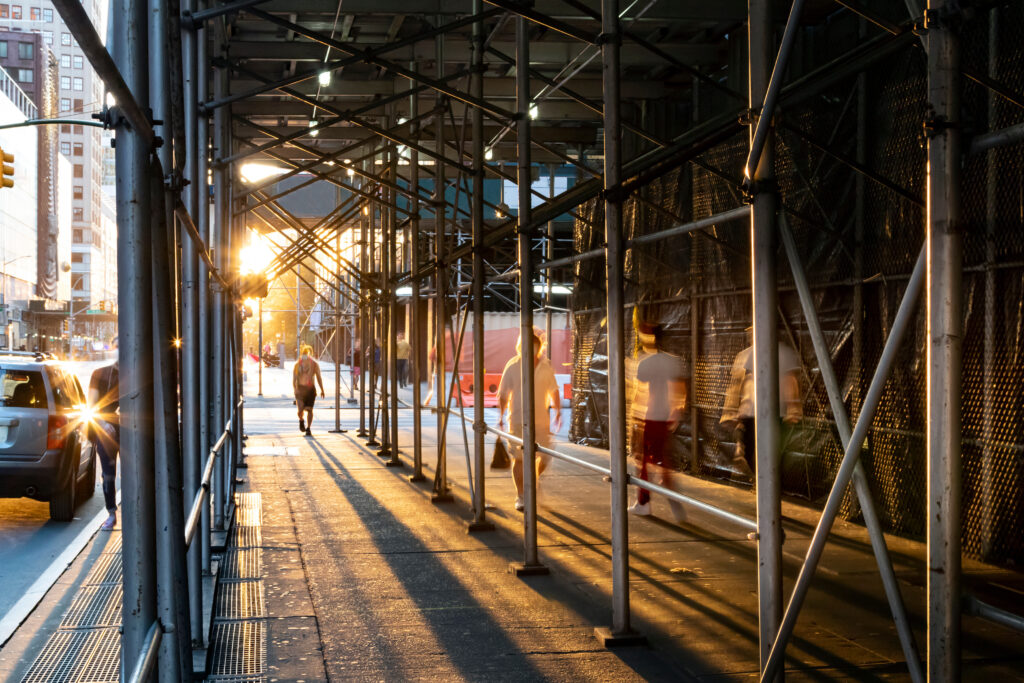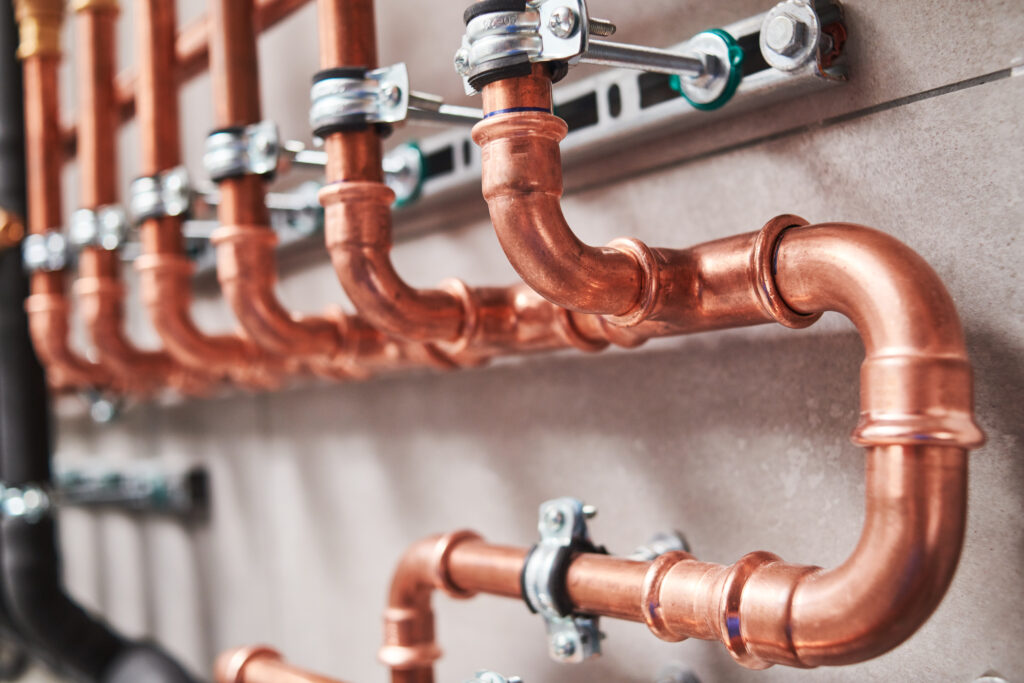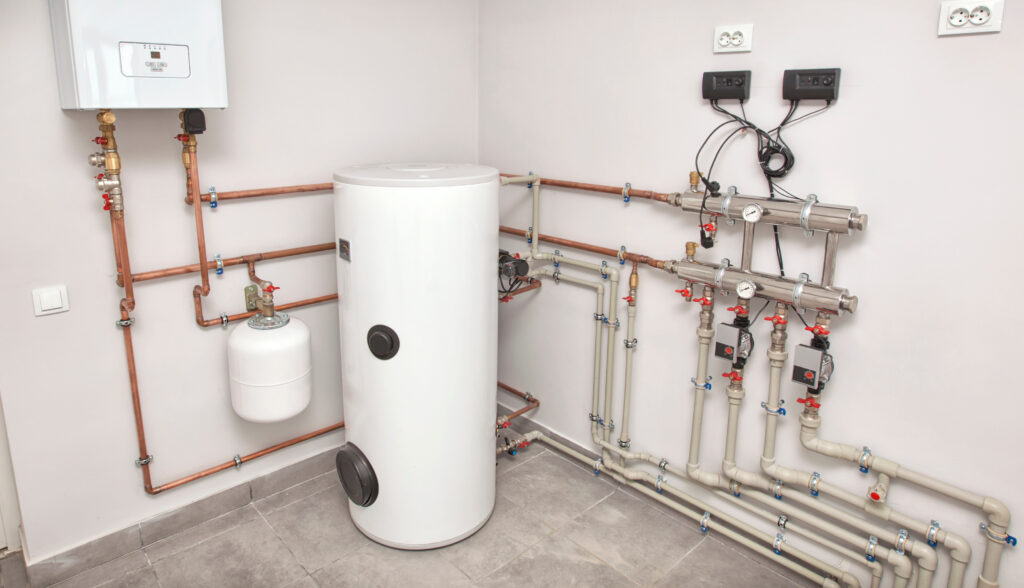Did you know that the New York City Department of Buildings updates its plumbing codes regularly to ensure safety and efficiency? In fact, plumbing code updates for 2023 are already in the works. Therefore, as a plumber in NYC, it’s essential to stay informed on these changes to provide the best service to your clients. This article will explore plumbing code updates for 2023 that NYC plumbers should know.

Overview of the 2023 Construction Codes
The 2023 Construction Codes govern building construction and maintenance in NYC. The Department of Buildings (DOB) enforces these codes and applies them to all construction types, including plumbing. The new regulations were enacted on November 7, 2022, replacing the 2015 Construction Codes.
Local Law 97
Approximately two-thirds of all the greenhouse gas emissions in NYC are produced from buildings. Local Law 97 is a new law aiming to reduce these emissions by requiring buildings with over 25,000 square feet to begin adopting new energy efficiency standards by 2024, with stricter standards being implemented by 2030. In addition to the new efficiency standards, Local Law 97 also establishes the Local Law 97 Advisory Board and Climate Working Groups, which will advise the city on the best ways to meet these new, aggressive sustainability goals.
How to Stay Compliant with the New Regulations
Staying current with the latest code updates and regulations is essential. As a plumber, you can achieve this by attending training courses, workshops, and seminars and staying informed about industry news and updates. Also, it’s essential to ensure that professionals do all plumbing work. Notably, adhering to these regulations will help ensure that your plumbing services are reliable and safe while complying with all local codes.
Water Supply and Distribution
The 2023 Construction Code includes several updates to water supply and distribution requirements. Regarding providing water to a building, the plumbing code recommends all buildings to be connected to a public water main. However, if connecting a structure to the main public water supply is challenging, a private water supply system is an option. But, it must meet the standards established by the commissioner and other governing bodies. Alternatively, building an extension can help connect a structure far from the city water to the main, provided the extension adheres to the Department of Environmental Protection rules.
An “available” building is qualified to be connected to the primary water supply if its located 500 feet or less from a public water supply system. However, a substantial improvement to the building is still underway. That means the agencies in charge can still declare the public water supply system as available, even if it’s more than 500 feet away.
Special Piping and Storage Systems
The 2023 construction codes include new regulations for special piping and storage systems, including medical and fuel gas piping. These updates aim to enhance the safety and dependability of various plumbing systems, particularly those in healthcare facilities and other commercial structures. With the updated regulations in place, medical gas piping systems must adhere to the guidelines outlined by NFPA 99. This standard specifies the specifications for such systems’ design, installation, and upkeep. The codes also identify new requirements for storing cryogenic gases and fluids in agreement with the New York City Fire Code.
These changes are designed to enhance the safety of these systems, particularly in commercial and industrial settings where the risk of leaks or other failures can be significant.
Plumbing Fixtures and Fixture Fittings
The 2023 Construction Codes also include updates for installing plumbing fixtures, like sinks and faucets, depending on what kind of building they will be in. It also gives guidelines for the minimum number of fixtures required for different types of buildings. Besides, the code prohibits some types of plumbing fixtures, such as toilets with hidden or uncleanable parts or those that allow waste to flow back into the tank. Also, certain types of “trough urinals” are not allowed.
Section 60 of the code outlines rules for conserving water by limiting the amount of water that can flow out of fixtures and be used for flushing toilets. The code specifies that plumbing fixtures should be made of approved materials with smooth and impermeable surfaces that do not have defects or hidden areas where dirt or germs can accumulate. Additionally, these fixtures must meet the standards outlined in the code. Porcelain-enameled surfaces must be acid-resistant. For specialty fixtures not covered in the plumbing code, plumbers may use suitable materials such as stainless steel, soapstone, and chemical stoneware. Also, they can use other materials such as plastic, lead, copper-base alloy, or nickel-copper appropriate for the fixture’s intended purpose.
Water Heaters
The 2023 Construction Codes outline the rules for water heaters, including the materials used, the design, and how they should be installed. If you’re using a water heater to heat your home and deliver warm water for daily use, the manufacturer must certify that use. It should also be built according to specific safety codes and installed following the manufacturer’s instructions such as ASME and NYC Mechanical Code.
Also, tankless water heaters used for domestic purposes should not exceed temperatures of 140°F. However, this requirement does not replace the need for defensive shower valves. Water heaters and storage tanks connected for home use should have the fully required working pressure indicated in an clear area outside the tank. A hot water supply system should also have an automatic temperature switch that can be adjusted to the desired temperature requirement for safe and comfortable use.
Conclusion
Plumbers in NYC must constantly be aware of the most recent plumbing codes. By doing this, they can offer customers top-notch plumbing services that meet industry standards. Remember, compliance with the plumbing codes is not just a legal requirement, it’s also an ethical responsibility toward your clients.
If you want to learn more about plumbing code updates for 2023, contact us today. Our experts will guide you through the regulations and help you maintain your reputation as a trusted and skilled NYC plumber.



